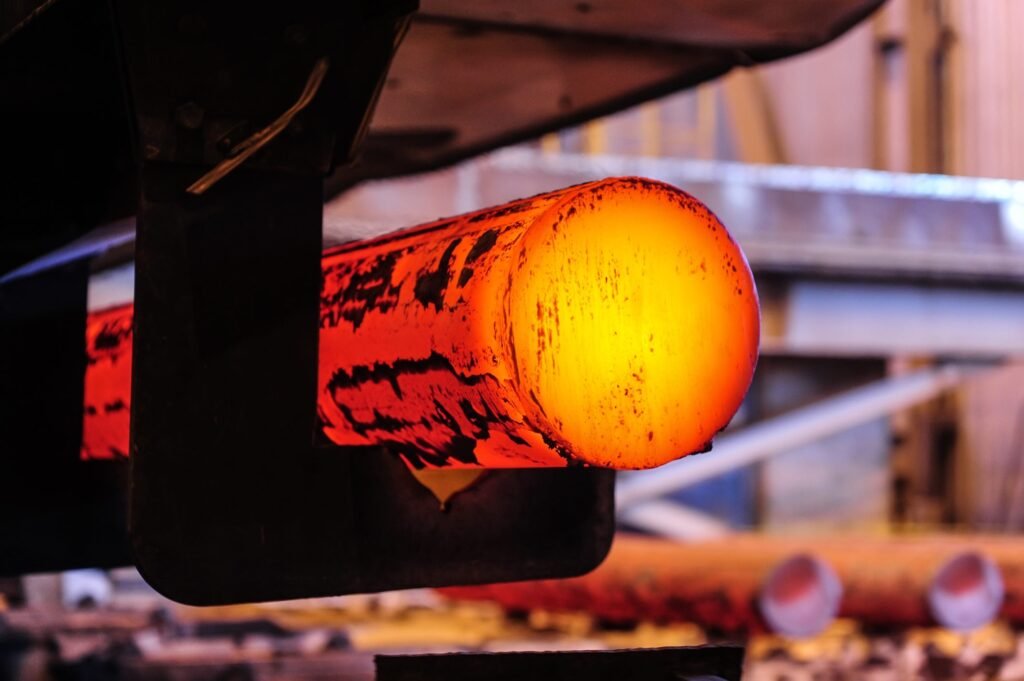Rio Tinto will design, engineer and construct a 10-pot demonstration plant operating at 100 kiloamperes (kA) adjacent to its existing Alvida smelter, which will allow it to utilise Alvida’s current alumina supply and casting facilities.
The new plant will be owned by a joint venture between Rio Tinto and the Quebec government through SAIC, which has backed Elysis alongside tech giant Apple.
ELYSIS is a joint venture between Alcoa and Rio Tinto that has developed technology to replace carbon anodes in the aluminium smelting process.
Alumina smelting using carbon anodes converts alumina (aluminum oxide) into aluminium, producing carbon dioxide as a by-product.
ELYSIS replaces these carbon anodes with inert anodes, producing oxygen and aluminum as the result of the smelting process, eliminating all direct greenhouse gas (GHG) emissions from the traditional process.
Alcoa said in a statement that Elysis marks further progress in Rio Tinto’s plans for the first industrial-scale demonstration of its breakthrough technology.
The Alcoa and Rio Tinto joint venture is continuing its research and development program towards scaling up the ELYSIS technology. Construction of larger prototype 450 kA cells has been completed and commissioning of these industrial prototype cells has begun, with the start-up sequence expected to commence in 2024.
Both Alcoa and Rio Tinto expect that the investment will help develop the ELYSIS technology, as well as their respective installation and operation expertise towards full-scale industrialization of the ELYSIS technology.
Rio Tinto expects the plant will have the capacity to produce up to 2,500 tonnes of commercial-quality aluminium per year with no direct greenhouse gas emissions, and is on track to start first production by 2027.
Through an offtake agreement, Alcoa will have the option to purchase up to 40% of the metals produced at the Alvida demonstration plant over the first four years.
“This investment will further strengthen Rio Tinto’s industry-leading position in low-carbon, responsible aluminium in North America with our hydro-powered smelter and recycling capabilities,” said Jerome Pécresse, Rio Tinto’s chief executive officer for aluminium.
Alcoa and Rio Tinto have their own low-carbon aluminium brands, “Sustana EcoLum” and “RenewAl”, respectively.
Demand for low-carbon aluminum in the United States is driven by the automotive, packaging, and wire and cable industries.
FastMarkets has launched a U.S. low-carbon aluminum differential price in November 2023 to respond to market demand for a pricing mechanism for low-carbon aluminum and bring transparency to the market.
Fast Markets rated both Aluminum Low Carbon Differential P1020A, US Midwest and Aluminum Low Carbon Differential Value Added Products, US Midwest at zero on Friday, June 28, with the low carbon units trading at par with the high carbon units.
Follow the debate on decarbonizing the aluminum industry with the latest price trends, market insights and forecasts. Find out more.

